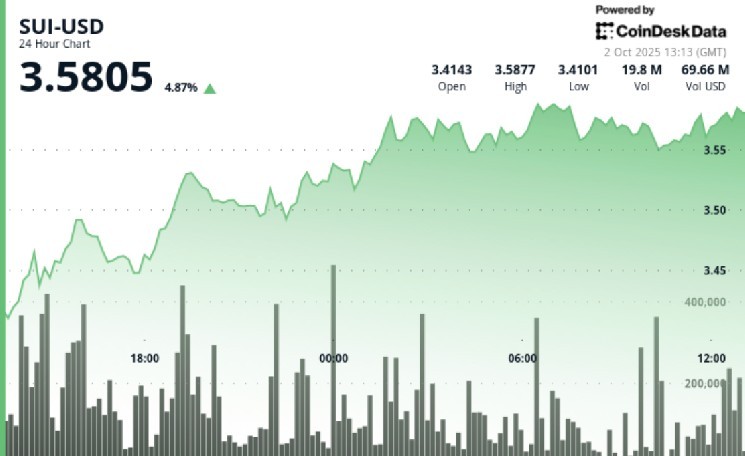Index
ToggleViettel and MobiFone officially join the research of central bank digital currency (CBDC) in Vietnam.
Within the framework of the “Cross-border payments” workshop, Mr. Do Manh Dung – Deputy General Director of Viettel Digital – confirmed that the State Bank of Vietnam has officially assigned Viettel to research and test central bank digital currency (CBDC) . This is considered a strategic step, marking the participation of large telecommunications enterprises in the field of digital finance, in addition to the participation of MobiFone.
According to the share, the current stage has only stopped at the premise research level: assessing the social impact, technology, policies and the possibility of applying CBDC in Vietnam in the future. Viettel Digital is also XEM advanced security solutions, testing offline payments without internet to increase coverage, and gradually integrating into the Viettel Money ecosystem , aiming to expand the comprehensive digital financial space.
Meanwhile, MobiFone was also assigned to participate in the research, creating a “two-horse” position between the two telecommunications giants in the process of financial digitization in Vietnam. Experts say that if the tests are successful, Vietnam can soon move to the pilot phase and gradually deploy CBDC in parallel with the current electronic payment system.
Global trends and controversies surrounding CBDC
Central bank digital currencies are becoming a hot topic around the world. As of October 2023, 134 countries and territories have conducted research or implemented CBDC testing phases. Many countries see this as a solution to help control money flows, prevent financial crimes and reduce cross-border transaction costs.
However, CBDCs have also faced fierce controversy. In the US, where President Donald Trump returned to the White House in early 2025 after winning the election in late 2024, the wave of opposition to CBDCs remains strong. Republican lawmakers, led by Representative Tom Emmer, have been pushing the Anti-CBDC Surveillance State Act (HR 1919) since 2023. The main reason is the concern that CBDCs could become a “programmable money” tool for the government to monitor and control people’s financial behavior.
Trump has also expressed a tough stance in many recent statements: he supports financial technology innovation but opposes CBDC becoming a form of “citizen surveillance tool”. This makes the CBDC story in the US even more central to global financial and monetary policy.
Vietnam and the opportunity to break through with CBDC
With Viettel and MobiFone being assigned the responsibility, Vietnam is showing its determination not to stay out of the global digital finance game. Although still in the initial research stage, entrusting large technology corporations to participate in CBDC development demonstrates the strategic vision of the State Bank.
Experts predict that if Vietnam succeeds in deploying CBDC, it will be a strong boost to enhance international competitiveness, facilitating faster, safer and more transparent cross-border payments. At the same time, CBDC can support the national digital transformation process, paving the way for a modern digital economy.








